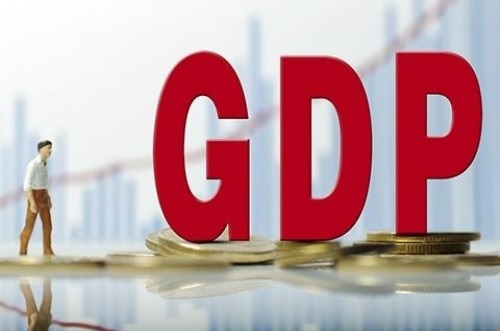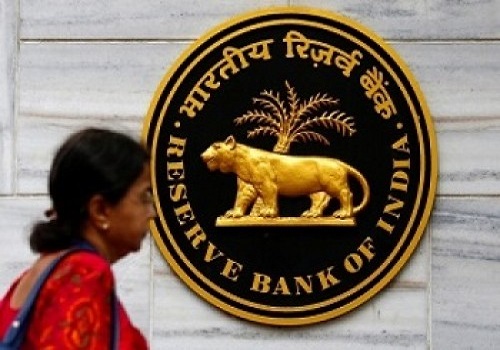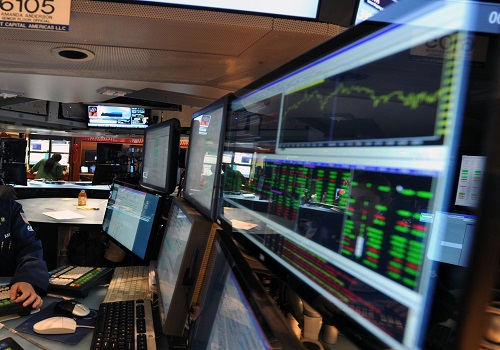U.S. stock futures, oil rally as sentiment steadies
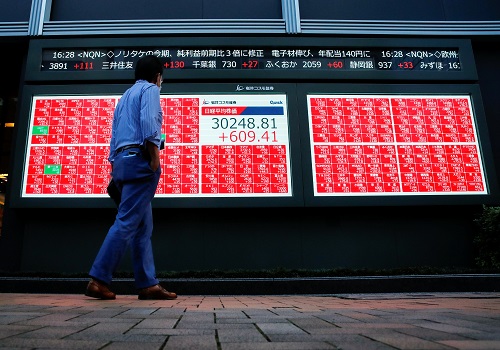
Follow us Now on Telegram ! Get daily 10 - 12 important updates on Business, Finance and Investment. Join our Telegram Channel
By Wayne Cole
SYDNEY - U.S. stock futures led a market rebound on Monday as investors prepared to wait a few weeks to see if the Omicron coronavirus variant would really derail economic recoveries and the tightening plans of some central banks.
Oil prices bounced more than $3 a barrel to recoup a chunk of Friday's shellacking, while safe haven bonds and the yen lost ground as markets latched onto hopes the new variant of concern would prove to be "mild".
While Omicron was already as far afield as Canada and Australia, a South African doctor who had treated cases said symptoms of virus were so far mild.
"Another key difference is there are far higher vaccination take up rates globally now compared with when Delta emerged," said Craig James, chief economist at asset manager CommSec.
"What the news on Omicron does highlight is the need for central banks and governments to take a cautious approach to removal of economic support and stimulus."
Trading was erratic on Monday but there were signs of stabilisation as S&P 500 futures added 1.0% and Nasdaq futures 1.2%. Both indices suffered their sharpest fall in months on Friday with travel and airline stocks hit hard.
EUROSTOXX 50 futures rallied 1.7%, while FTSE futures firmed 1.3%.
MSCI's broadest index of Asia-Pacific shares outside Japan eased 0.1%, but found support ahead of its 2021 low. Likewise, Japan's Nikkei recouped early losses to be almost unchanged.
Bonds gave back some of their hefty gains, with Treasury futures down 16 ticks. The market had rallied sharply as investors priced in the risk of a slower start to rate hikes from the U.S. Federal Reserve, and less tightening by some other central banks.
Two-year Treasury yields edged up to 0.56%, after falling 14 basis points on Friday in the biggest drop since March last year. Fed fund futures had pushed the first rate rise out by a month or so.
The shift in expectations undermined the U.S. dollar, to the benefit of the safe haven Japanese yen and Swiss franc.
On Monday the dollar had steadied somewhat at 113.71 yen, after sliding 1.7% on Friday. The dollar index held at 96.190, after Friday's 0.7% drop.
The euro was struggling again at $1.1276, following its rally from $1.1203 late last week.
European Central Bank President Christine Lagarde put a brave face on the latest virus scare, saying the euro zone was better equipped to face the economic impact of a new wave of COVID-19 infections or the Omicron variant.
The economic diary is also busy this week with China's manufacturing PMIs on Tuesday to offer another update on the health of the Asian giant. The U.S. ISM survey of factories is out on Wednesday, ahead of payrolls on Friday.
Fed Chair Jerome Powell and Treasury Secretary Janet Yellen speak before Congress on Tuesday and Wednesday.
In commodity markets, oil prices bounced after suffering their largest one-day drop since April 2020 on Friday. [O/R]
"The move all but guarantees the OPEC+ alliance will suspend its scheduled increase for January at its meeting on 2 December," wrote analyst at ANZ in a note.
"Such headwinds are the reason it's been only gradually raising output in recent months, despite demand rebounding strongly."
Brent rebounded 4.8% to $76.20 a barrel, while U.S. crude rose 5.2% to $71.71.
Gold has so far found little in the way of safe haven demand, leaving it stuck at $1,791 an ounce.[GOL/]
(Reporting by Wayne Cole; Editing by Richard Pullin, Shri Navaratnam and Lincoln Feast.)






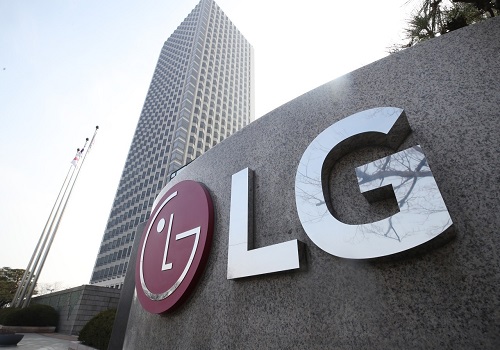





 320-x-100_uti_gold.jpg" alt="Advertisement">
320-x-100_uti_gold.jpg" alt="Advertisement">


